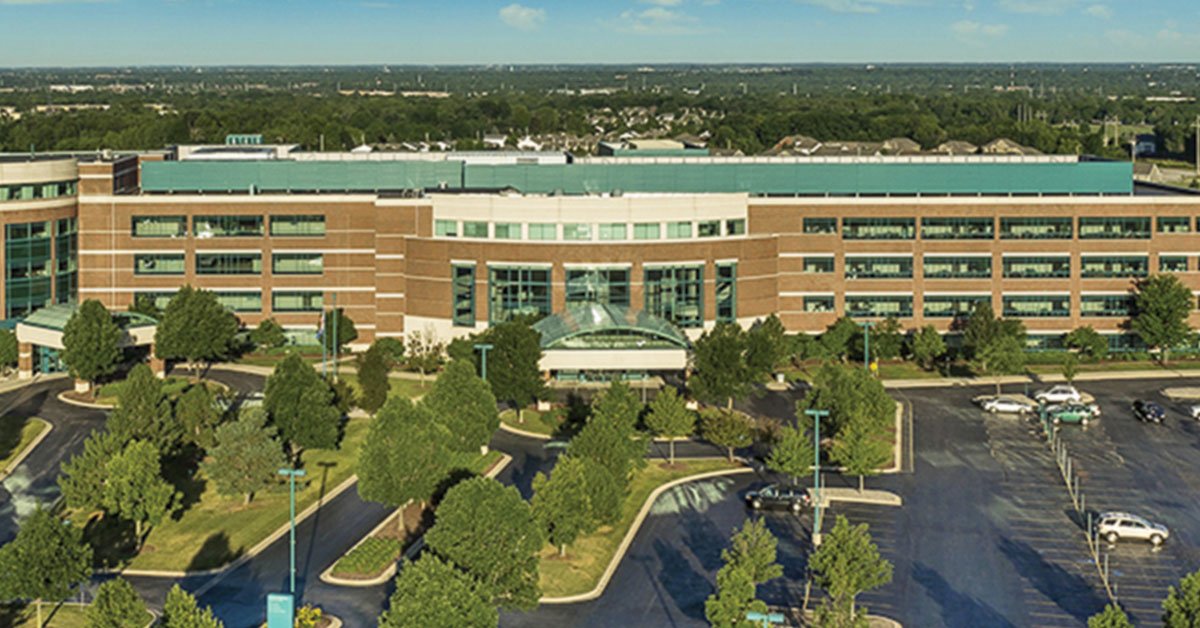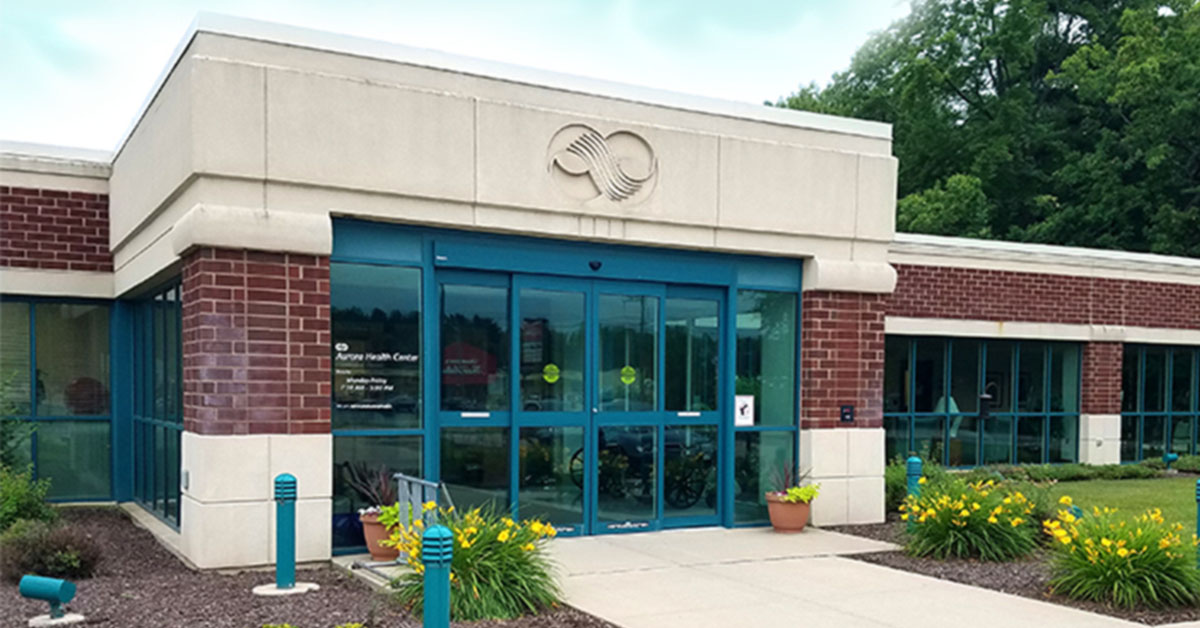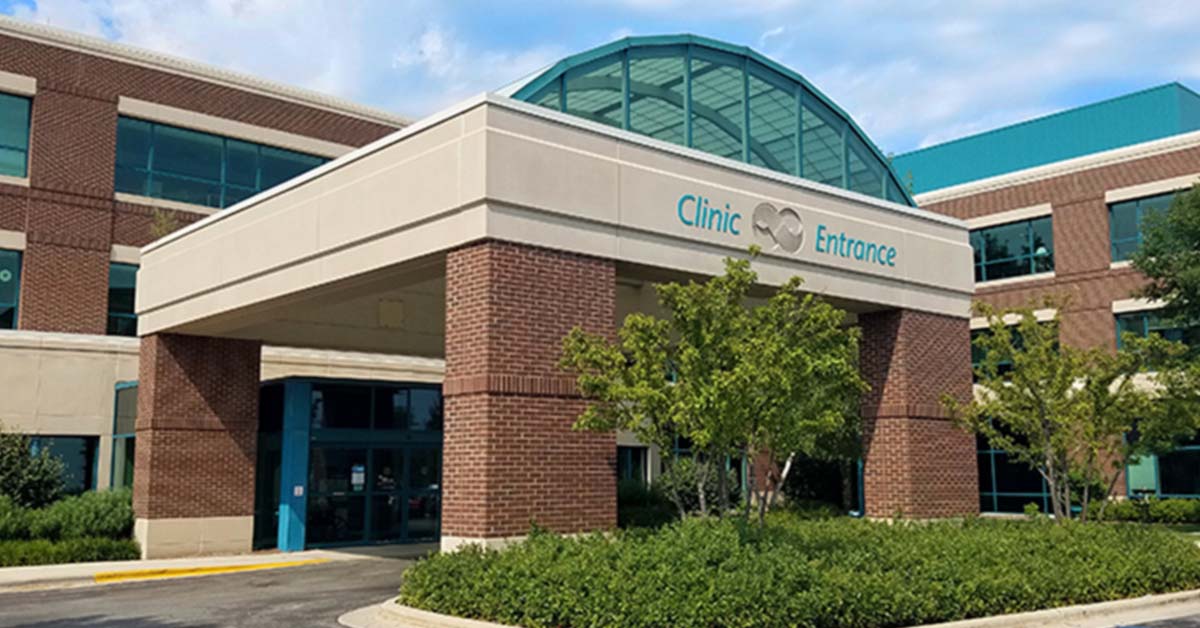Cardiac Electrophysiology
Cardiology
Cardiac electrophysiology, maintaining your heart's electrical rhythm
When the heart's rhythm system is thrown off its pumping power is diminished, blood doesn't circulate effectively and the body doesn't get the full supply of oxygen it needs. A patient with a heart rhythm disturbance may experience shortness of breath, dizzy spells, heart palpitations or chest discomfort.
A specialist in cardiac electrophysiology has advanced training to understand electrical dysfunction in the heart.
Testing and treatment options for patients with heart rhythm abnormalities include:
- EP studies and radiofrequency
- Implantation of single and dual chamber pace makers
- Implantation of internal defibrillators
Electrophysiology Study
An electrophysiology study, or EP study, is a procedure used to diagnose electrical problems in the heart. It refers to any procedure where an electrode catheter is inserted into the heart. An electrode catheter is a long, thin, flexible tube that transmits electrical currents to and from the heart.
Electrophysiology Surgery
Electrophysiology surgery treats certain heart conditions. The most common procedure is cardiac ablation, but patients requiring devices such as pacemakers or internal defibrillators are also frequently seen.
A defibrillator resuscitates the heart if the patient undergoes cardiac arrest, dramatically increasing the likelihood of survival.
Cardiac Ablation
Cardiac ablation is a medical procedure used to treat some types of arrhythmia, or heart rhythm disorders.
During cardiac ablation a catheter is inserted into a blood vessel in your arm, upper thigh or neck and then guided through to your heart. A radio frequency-producing machine sends energy through the ablation catheter to your heart. This energy destroys the small areas of heart tissue that cause the arrhythmia to begin.





